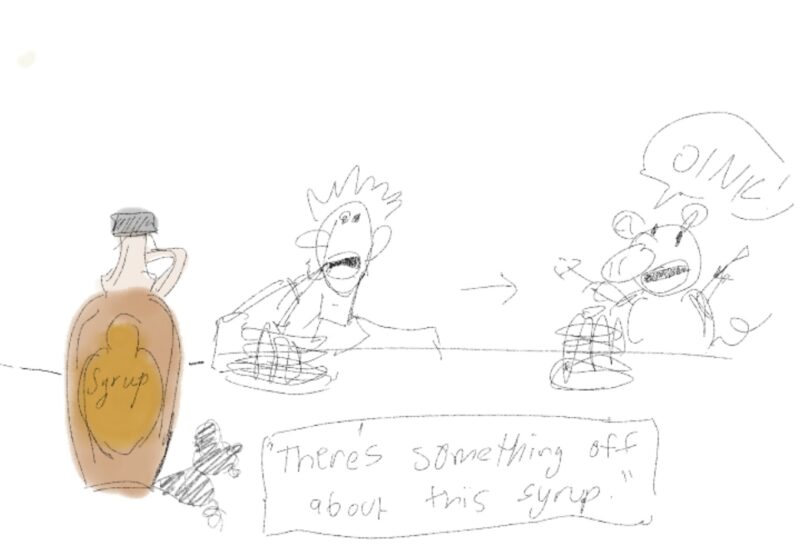In 1948, George Orwell published his powerful essay “Politics and the English Language.” It’s short, but far more powerful than the 1984 references overused by edgy high schoolers and internet conspiracy theorists. His thesis is simple: Obfuscating language poisons our politics, and is itself a product of politics. The other day, I blinked, and most of the student body became too young to remember the Iraq War.
But one toxic term from the early Bush era remains relevant: WMD, or “weapons of mass destruction.” The term originated as a synonym for nuclear weapons, but evolved to include radiological, chemical, and biological weapons. This is an artificial grouping. Nuclear weapons are inherently capable of killing thousands, and usually millions. Radiological, chemical, and most biological weapons have more in common with conventional weapons than with nuclear weapons. They can only kill in mass if they can be effectively produced in mass, and, even more challenging than that, effectively dispersed in mass. For a more detailed discussion, I highly recommend the relevant chapters in “Physics for Future Presidents,” an accessible book by UC Berkeley Professor Richard Muller.
Why is this questionable categorization relevant? The Bush administration built its case for war against Iraq on a non-existent nuclear weapons program that would have posed a serious threat to world security, had it really existed. Administration rhetoric focused on the terminology WMD, and also alleged that Saddam Hussein had restarted Iraq’s chemical weapons program, responsible for the murder of thousands of civilians prior to 1991. Politically, this makes sense—Saddam had “WMD” before, so he probably has “WMD” now. Who cares that we’re talking about two different kinds of “WMD,” right?
The difference, of course, meant a lot. Even if Saddam had restarted Iraq’s chemical program, the U.S.-enforced no fly zone would have prevented him from ever using it. It turned out Saddam hadn’t restarted his weapons program, but in 2014 a New York Times (NYT) exposé revealed that a few insurgents had effectively used decades-old leftovers against some U.S.-troops. The conventional bombs in Iraq killed far more than these “Weapons of Mass Destruction,” but that didn’t stop conservative media like Fox and Breitbart from implying that the NYT had vindicated Bush’s war.
Today, we’ve known for years that the Syrian government has used chemical weapons to terrorize civilians, and there are now credible reports of smalle r-scale chemical attacks by ISIS. The Russian foreign minister has repeatedly and cynically emphasized this threat. Russia’s strategy in Syria is not to bomb ISIS, but to direct most of its efforts at U.S.-backed rebels until it can convince the world that these alternatives to President Assad are no longer viable. Some conservatives, including the current GOP frontrunner, have accepted the argument that we should embrace Russia and/or Assad to focus on this terrorist threat. This fearmongering obfuscates the truth that Assad’s government is responsible for more destruction than ISIS.
Terrorists have tried and mostly failed to use chemical weapons effectively. The most notable instance, a Sarin attack on a Tokyo subway, killed far fewer people than comparable terrorist bombings of mass transit. Chemical weapons have historically been effective in exactly one circumstance: when a state with a functional army and air force wants to kill and terrorize a large population of civilians. We should take such war crimes seriously, whatever the weapons used. But it is important to distinguish between humanitarian catastrophes and national security threats, as the boogeyman of WMDs has killed far more Americans than WMDs ever have.





